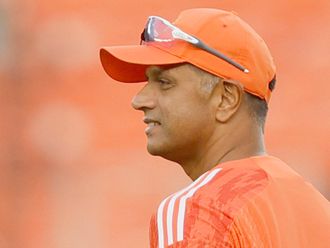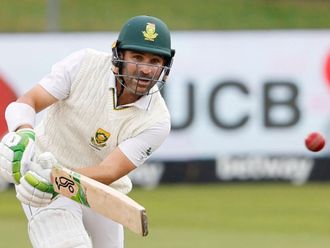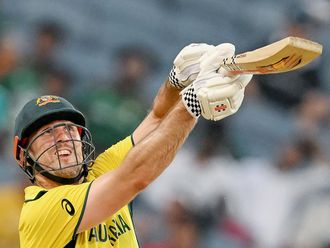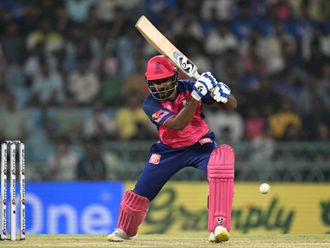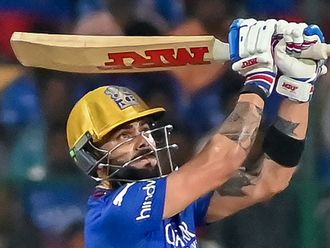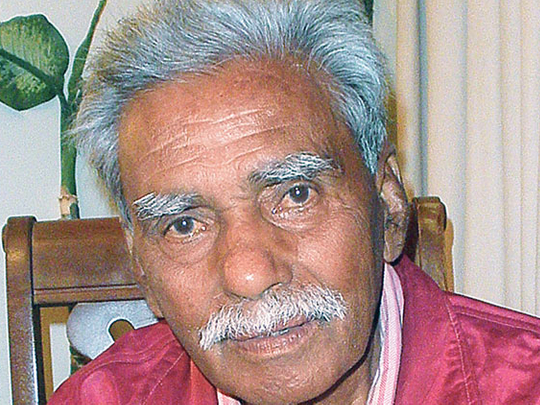
Dubai: The new cricket pitches which are to be unveiled today at 7he Sevens in Dubai have one thing in common: soil imported from India. It is for the first time in the UAE that the game will be played on wickets with a uniquely Indian surface since all other wickets in the country have been prepared with soil imported from Pakistan.
Emirates airline, which is behind the new cricket facility on Dubai-Al Ain road, had approached Dubai Cricket Council for assistance in preparing the wickets. The pitches have been laid by Radhey Shyam Sharma, the former curator of the Ferozeshah Kotla grounds in Delhi. It may be recalled that Sharma's replacement by Daljit Singh as curator of the Kotla wicket was followed by an India-Sri Lanka match being abandoned due to a dangerous track in April.
"Hayat Yar Khan, the secretary of the Dubai Cricket Council, contacted me in Delhi with a request to make 11 wickets in Dubai. I opted for the best soil in India which is from Bharatpur, Rajasthan. It is found in ponds and has got the quality of not breaking up. Hence the wickets are excellent for one-day cricket as well as for the longer version of the game," Sharma told Gulf News.
Elaborating on the process of bringing the soil to Dubai, Sharma said: "We got it first tested and certified by Indian Agriculture Research Institute in New Delhi to ensure that the clay is free of any disease or fungus. Thus 19,000 bags were brought to Mumbai from New Delhi by train and were shipped to Dubai."
Before becoming a curator, Sharma shone as a player for Railways and also enjoyed a stint as a coach. He was the coach of the North Zone Under-19 team. He still coaches the Subhania Cricket Club which has produced over 300 Ranji Trophy players and Test stars. Those who played for the club include Mohammad Kaif, Yograj Singh, Mohinder Amarnath and Surinder Amarnath.
"The pitches have been made out of 65 per cent clay with over 3,000 bags being used for the creation of one pitch. For the outfield I have used Bermuda Tifway 419 grass and for the pitch it is the CL 2000 special grass. It was a challenge making the wicket here because of the dusty weather because I had to ensure that sand does not go into the clay. All wickets will take at least six months to settle down and these wickets have been made in three weeks time," said Sharma, whose first international assignment was the 1996 World Cup pitch between India and Sri Lanka at Kotla.


